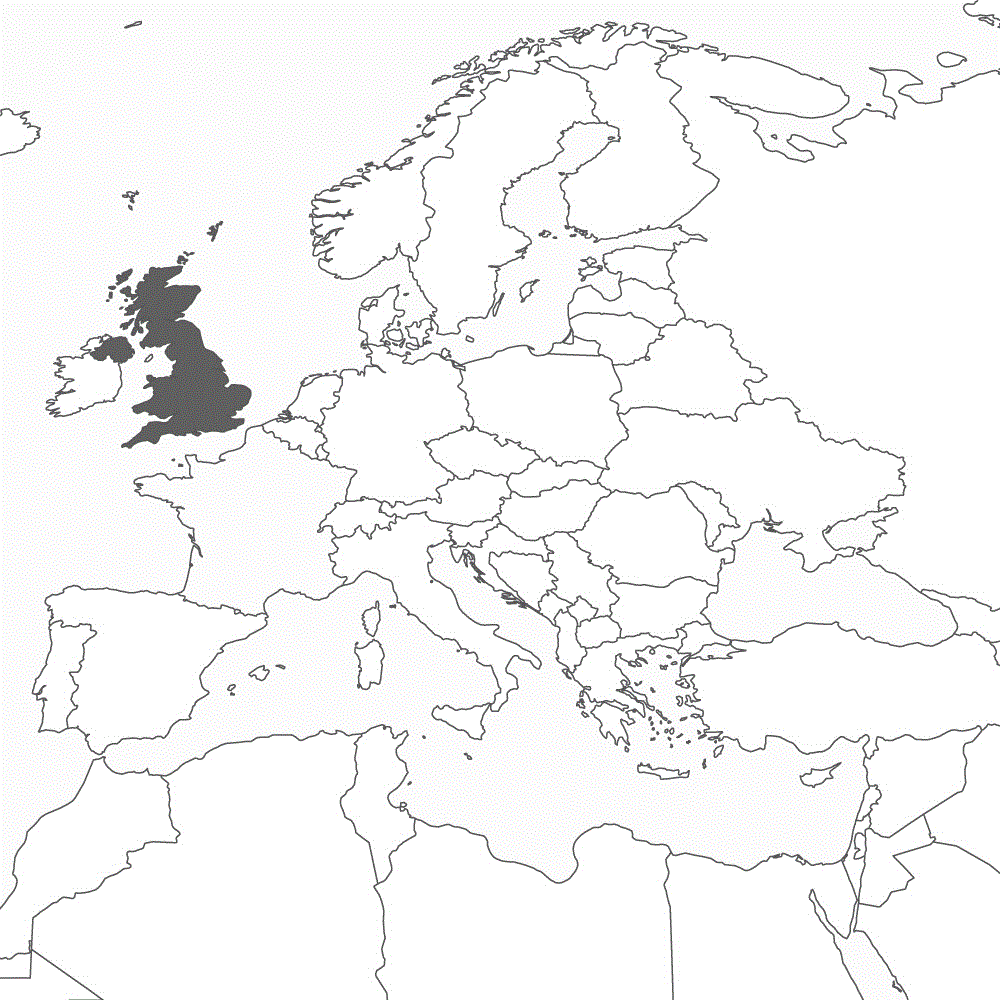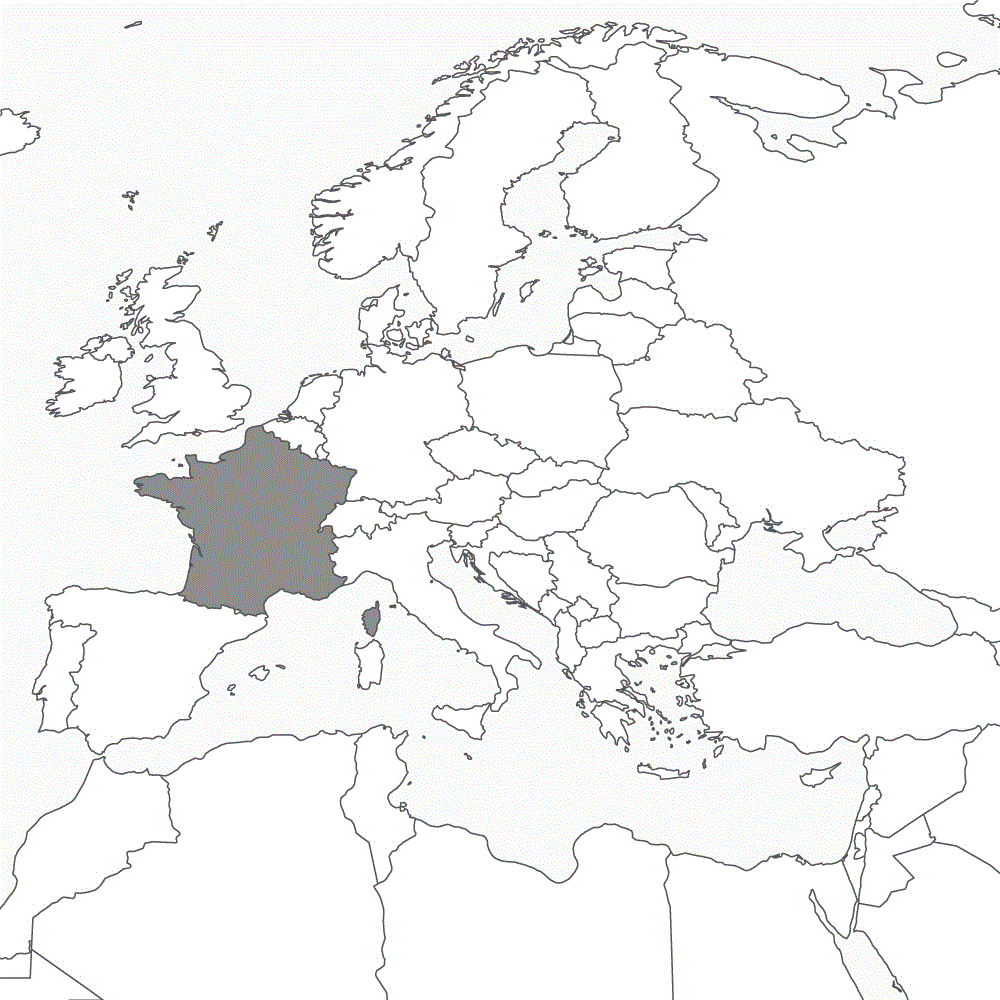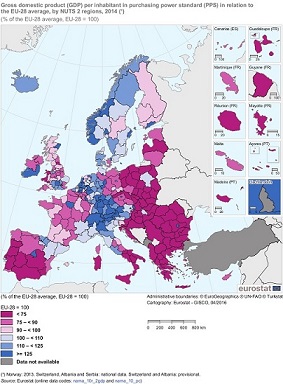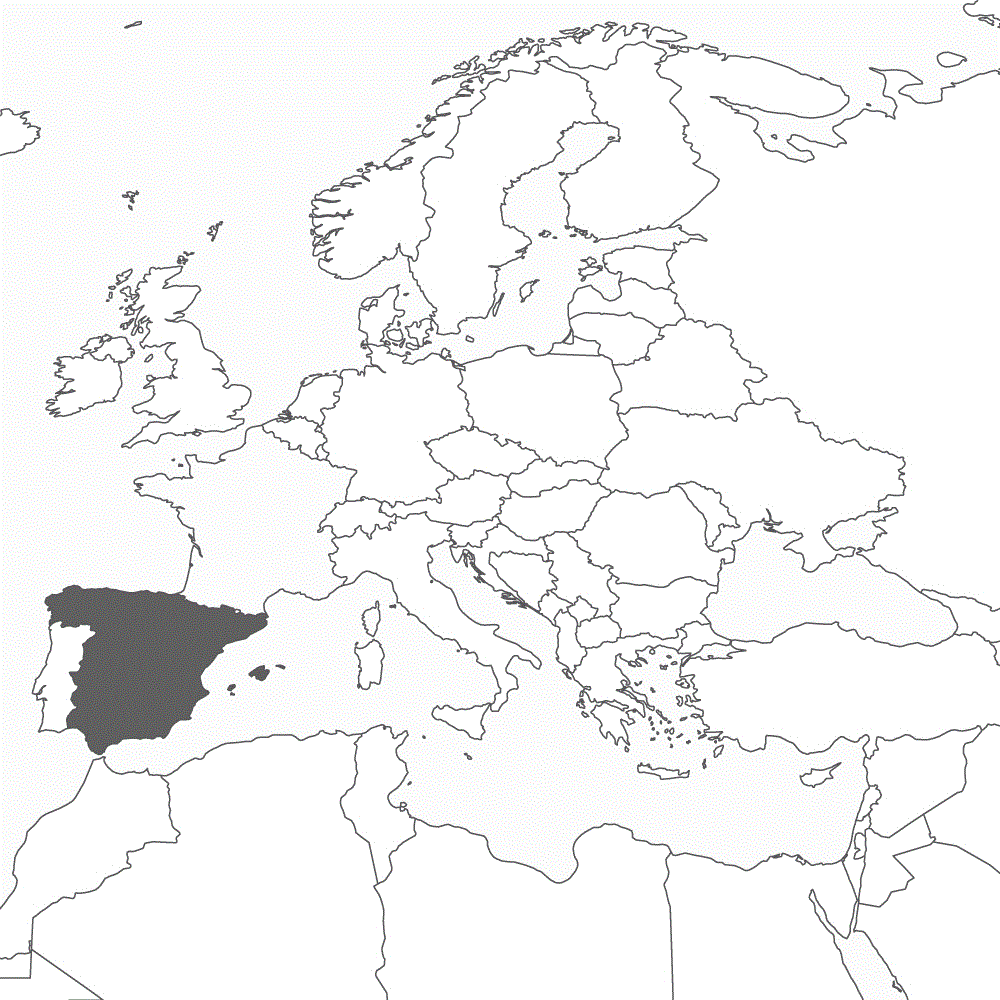BERLIN (Own report) - The German government is promoting its military policy by focusing on combat activities in Mali. On its YouTube channel, the Bundeswehr recently launched a series on German soldiers stationed in Mali. Almost at the same time, the German Foreign Ministry inaugurated on its premises an exhibition on German relations with this West African country. Whereas, the YouTube series is aimed at recruiting the next generation of soldiers, the exhibition is presenting Germany as a "reliable partner" in the "capacity building of Mali's security forces." The German Defense Ministry is also publishing propaganda reports on the operations of German troops in Mali, almost on a daily basis. The YouTube series is presenting these soldiers as combatants in the service of "peacekeeping," who unselfishly defy "dust, dirt and extreme heat." Inversely, the "background information" offered in this context reveal numerous parallels to the YouTube series' propaganda lines. Read more
BRUSSELS/BERLIN/LONDON (Own report) - A defamatory German newspaper article and its alleged source - an insider of the EU's bureaucracy - are increasingly impeding the Brexit negotiations. Martin Selmayr, EU Commission President Jean-Claude Juncker's Chief of Staff is being blamed for leaking alleged details of a private conversation between Juncker and Britain's Prime Minister Theresa May to a German daily. The content - untrue, according to Juncker - could be very damaging for Great Britain in the Brexit negotiations. Selmayr, who, already months ago, declared that the Brexit would "never be a success," is considered the most powerful bureaucrat in Brussels. He is not only known as Juncker's gatekeeper, but also known for his "very authoritarian rule." Other Germans in key EU positions are also involved in the Brexit negotiations. Read more
BERLIN/LONDON (Own report) - Following last week's EU summit, the Anglo-Saxon media has been debating the uncertainty of Berlin's attitude toward Brexit. The hitherto widely held opinion that, in view of the massive German business interests in the country, Chancellor Angela Merkel would offer the United Kingdom a good deal, is giving way to a new skepticism. Commentators no longer rule out that Berlin would prefer a "hard" Brexit to lure significant segments of the export and finance industries, now located in Great Britain, to the European mainland. German media is fueling this fear. British fears of a mass exodus, particularly of the London financial branch, are the "biggest point of leverage" Germany has to be able to impose its demands during the negotiations. German demands include the payment of up to 90 billion euros for the Brexit. Read more
BERLIN/PARIS (Own report) - German government advisors are praising the French government's new military policy document ("Revue stratégique") and are calling for accelerating the expansion of German-French military and arms cooperation. With this document, Paris is opening itself up "to cooperation in Europe, to a degree previously unknown," according to the German Council on Foreign Relations (DGAP), thus offering the possibility for rapid progress in the formation of European armed forces. France, however, has to "show that it can let loose, i.e. cooperate without having to dominate." The DGAP is also calling on the French arms industry to open up. In this field, ambitious cooperation projects are only making slow progress, such as the KNDS - a merger of the German tank producer Krauss-Maffei Wegmann (KMW) und Nexter Defense Systems. KNDS is supposed to develop a replacement for the Leopard 2 and Leclerc battle tanks but internal rivalries are slowing the project. Observers are placing their hopes on the development of a German-French jet fighter, which could enable Europe's arms industry to become "independent of US companies" and achieve "European autonomy," according to the DGAP. Read more
BERLIN (Own report) - Using the secessionist conflict in Catalonia as a backdrop, the website of the German weekly Die Zeit published a fiery appeal for dismembering Europe's nation-states. For quite some time, the author, Ulrike Guérot, has been promoting the "disappearance of the nation-state" in Europe. The nation-state should be replaced by regions with their "own respective identities" that could be "ethnically" defined. As examples, Guérot lists regions with strong separatist tendencies such as Flanders and Tyrol. The author sees herself upholding the tradition of the "European Federalists" of the early post-war period, who - under the guidance of western intelligence services - drew up plans for establishing of a European economic space with free circulation of commodities as a bulwark against the East European socialist countries. Wolfgang Schäuble, as President of the Association of European Border Regions (AEBR) in the early 1980, was also promoting regionalist plans. Inspired by former Nazi functionaries, the AEBR criticized the "nation-state's barrier effect" of borders in the interests of large corporations. Current economic maps indicate which areas in the EU would form the continent's most powerful block if regionalization should take effect: south and central Germany as well as its bordering regions from Flanders to Northern Italy. Read more
BERLIN/DUSHANBE (Own report) - German government advisors are considering a strategically oriented cooperation with China in Central Asia. Rather than rely solely on its own independent operations to win influence, "dialogue" with Beijing should be "intensified," to learn "to what extent goals could be pursued in cooperation," according to a recent study by the German Institute for International and Security Affairs (SWP). The EU could thus "emphasize its foreign policy objectives in the region." This must be seen in light of the fact that Germany and the EU have failed to significantly expand their influence in the five former Soviet Republics spanning from Turkmenistan to Tajikistan. This failure is particularly evident in Tajikistan. Whereas Russia and China are economically predominating over the country and - parallel to the United States - are currently intensifying their military activities, in spite of all its efforts, Berlin is only playing an independent role in the field of humanitarian and development aid. Read more
BERLIN/BARCELONA/MILAN/ANTWERP (Own report) - As can be seen in an analysis of the separatist movements in Catalonia, Lombardy and Flanders, the deliberate promotion of exclusive cooperation between German companies and prosperous areas in countries with impoverished regions has systematically facilitated the autonomist-secessionist movements in Western Europe. According to this study, Flanders, as well as Lombardy - two already economically prosperous regions - have been able to widen the gap between themselves and the impoverished regions of Belgium and Italy, also because they have played an important role in the expansion of the German economy, the strongest in the EU. Through an exclusive cooperation with the state Baden Württemberg, Catalonia and Lombardy have been able to expand their economic lead over more impoverished regions of Spain and Italy, which has spurred their respective regional elites to seek to halt their financial contributions for federal reallocations through greater autonomy or even secession. The consequences of deliberate cooperation - not with foreign nations - but only with prosperous regions, can be seen with Yugoslavia. Read more
BERLIN/MADRID (Own report) - The escalating Catalan secessionist conflict is upsetting Spain, a country hard hit by Berlin's austerity dictate. Spain - occasionally praised in German media as a showcase for an alleged successful austerity policy - is still confronted with enormous social and economic problems, in spite of a modest economic growth. Unemployment and poverty remain at high levels. Crisis policies over the past few years have also increased the economic gap between Spain and the euro zone's centers of prosperity. One still cannot speak of debt reduction - the official objective of Germany's austerity policy within the EU. The poor economic situation, the high debt burden level and the distribution of federal and regional debts are fueling Catalonia's secessionist conflict. Read more
GERMAN-FOREIGN-POLICY.com
Information on German Foreign Policy: News + Interviews + Analyses + Background



